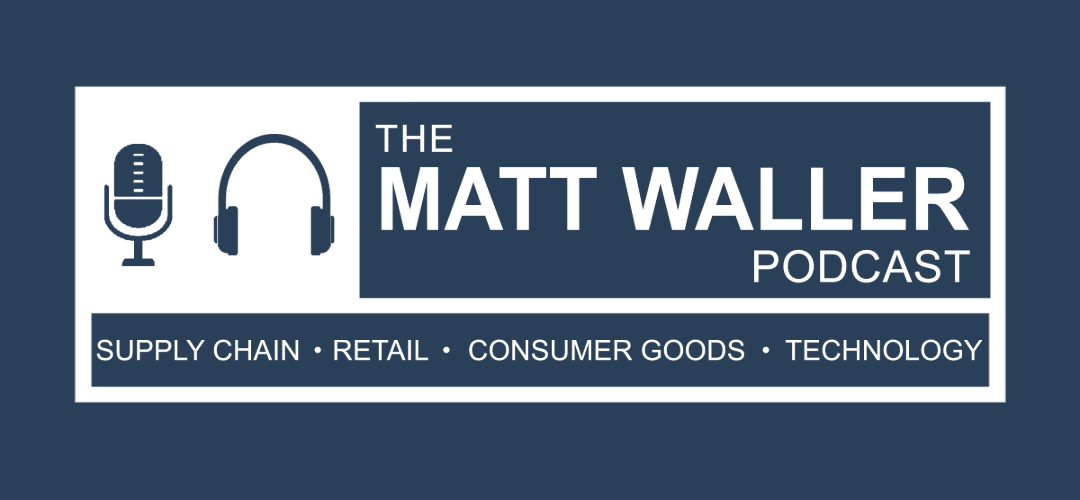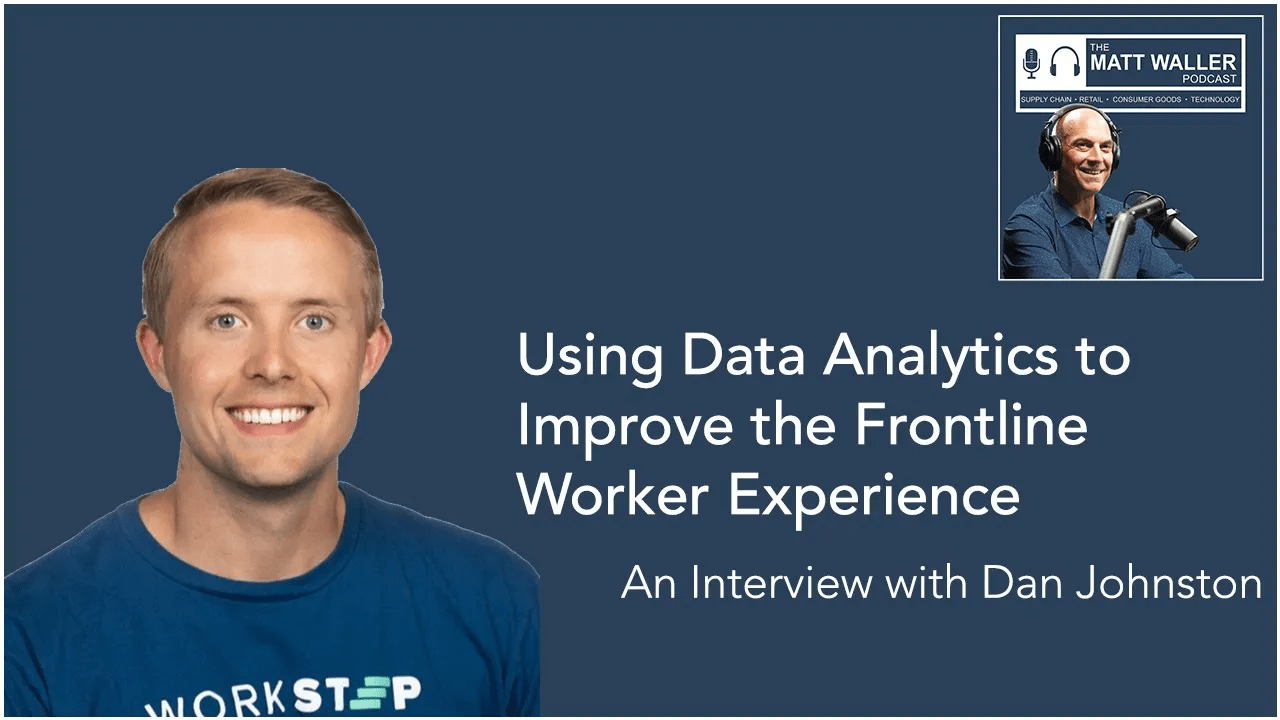On a recent episode of my podcast I talked with Dan Johnston, CEO and co-founder of WorkStep, about using data and analytics to create a better work experience for frontline employees.
WorkStep’s mission is to make the frontline a better place to work through the use of technology. Dan saw firsthand as a retail and supply chain worker the challenges faced by frontline employees, including lack of career growth opportunities, scheduling issues, and feeling disconnected from decision makers.
WorkStep’s software platform aims to address these challenges by collecting feedback from employees, analyzing data, and giving insights to HR and operations leaders so they can collaborate on solutions. Some key ways they do this include:
- Gathering sentiment data on various work themes like benefits, job satisfaction over time and across different employee groups.
- Using predictive analytics to determine what factors like benefits, management, job expectations actually correlate to important metrics like turnover, not just what employees report as issues.
- Employing AI to surface deeper insights from large amounts of employee feedback data.
- Empowering individual loop closure where employees who report issues directly receive a response, lowering their likelihood of turnover by 28%.
- Bringing HR and operations teams together around a shared data source to find collaborative solutions.
As the labor market remains strained, Dan sees WorkStep continuing to evolve by bringing the right insights to leaders more proactively and automating more of the process. Their goal is to make the employee experience more adaptive based on individual context like tenure. If they can deliver better understanding and faster actions, companies can create real change for their frontline workforces.



Member discussion: